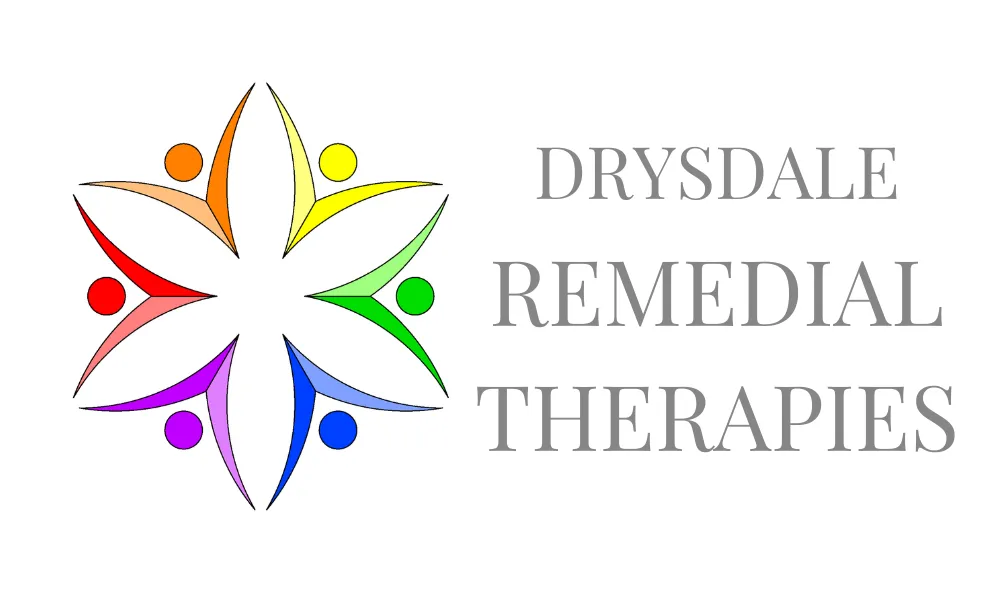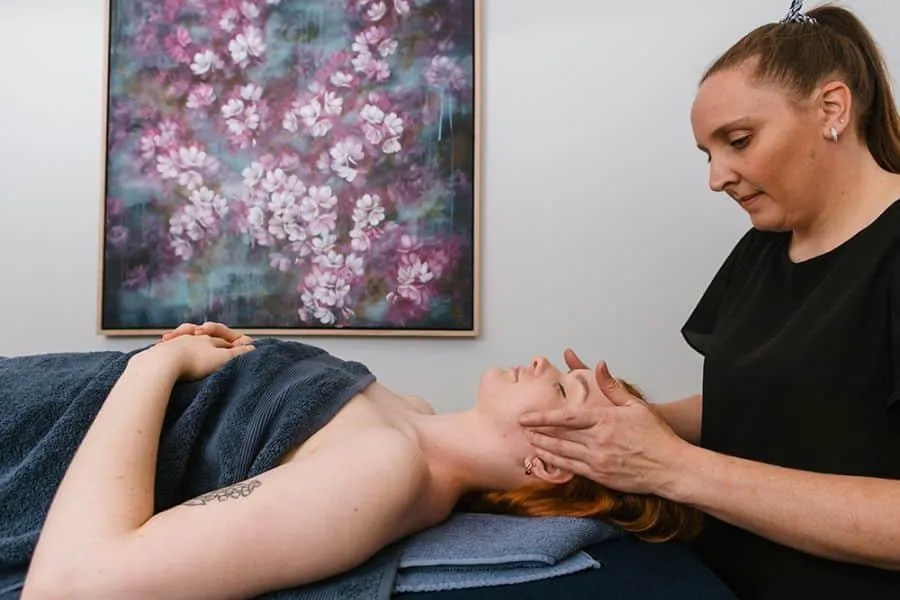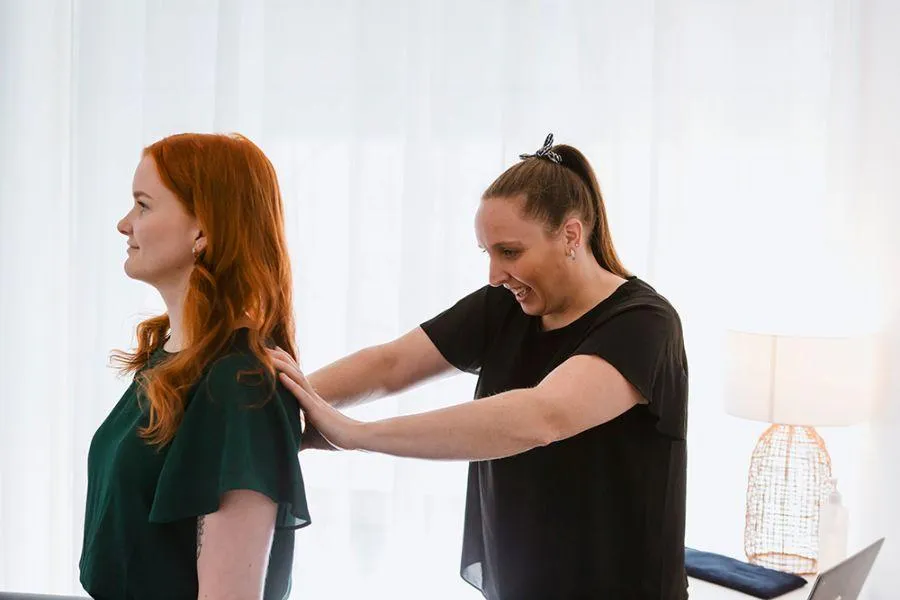What Is Remedial Massage?
Remedial massage is a hands-on treatment that focuses on identifying and addressing the root cause of muscle pain, restriction, and dysfunction. It’s more than just relaxation — it’s about restoring movement, reducing pain, and supporting the body’s natural healing process.
At Drysdale Remedial Therapies, each session is tailored to your body and your goals. Your therapist may draw on a range of techniques — including deep tissue work, trigger point therapy, cupping, dry needling, or stretching — depending on what will best support your recovery and results.
Who Is Remedial Massage for?
This treatment is suited to anyone experiencing musculoskeletal discomfort — whether from work, exercise, stress, or injury. It’s for you if you feel like your body isn’t moving as well as it could be, or if pain is starting to limit your daily life or performance.
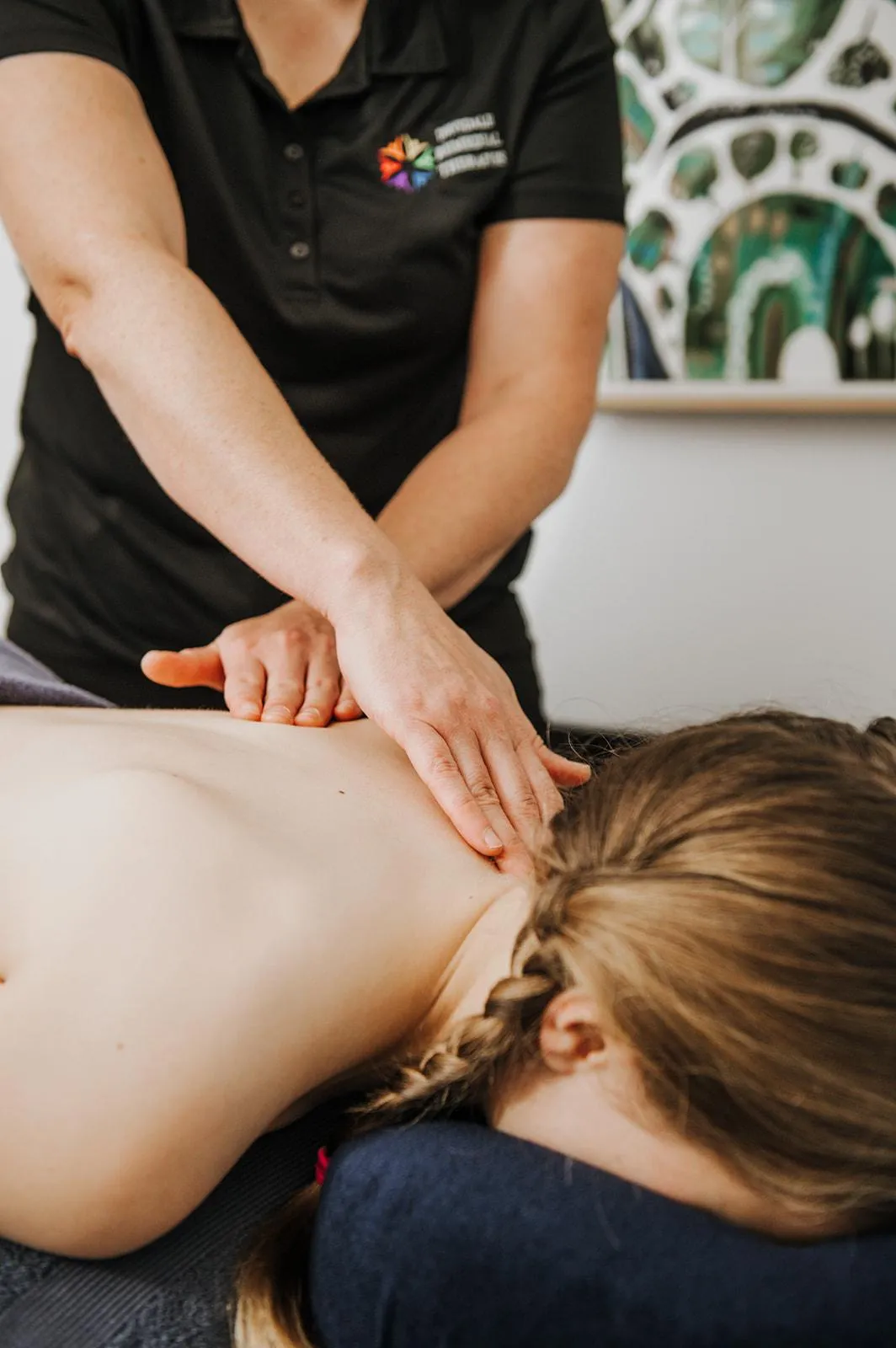
How Remedial Massage can help?
This treatment is ideal for managing or supporting:
Chronic tension and muscle tightness
Lower back, neck, or shoulder pain
Postural strain from work or stress
Sports or activity-related soreness
Headaches or jaw tension
Recovery after injury or surgery
Restricted movement or stiffness
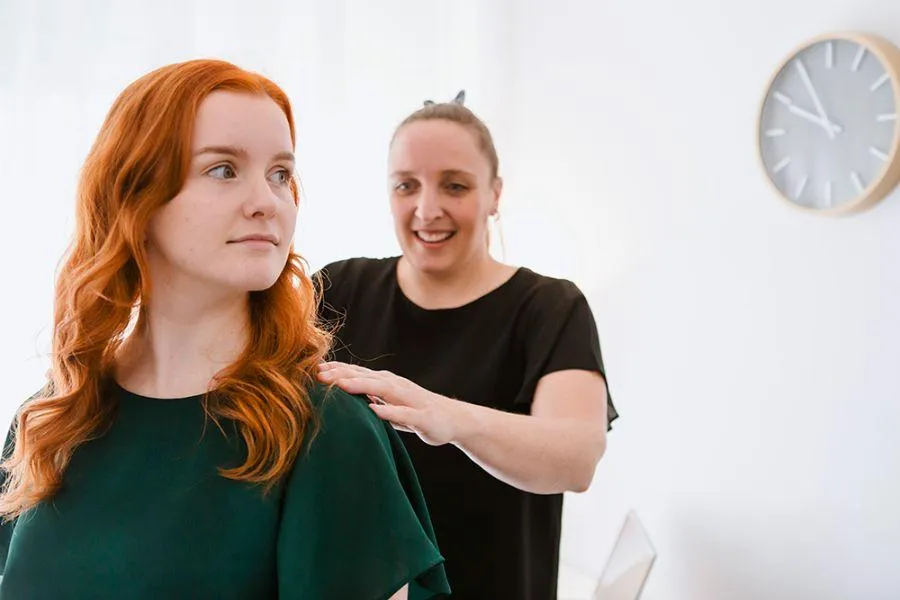
What to expect in a treatment.
Your treatment starts with a short consultation to understand your symptoms, medical history, and goals. From there, your therapist will use targeted, evidence-based techniques to treat the affected areas — not just where the pain is, but what’s causing it.
You may also be given advice or exercises to continue your progress at home, especially if posture, muscle imbalances, or daily habits are contributing factors.
Remedial massage is often deeply effective, but it doesn’t need to be painful. Your comfort, communication, and results matter most.
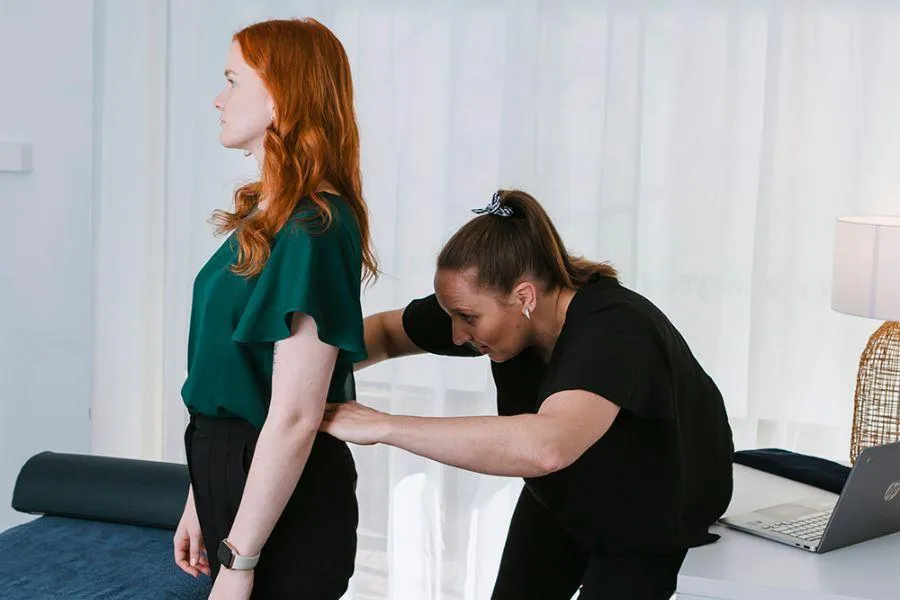
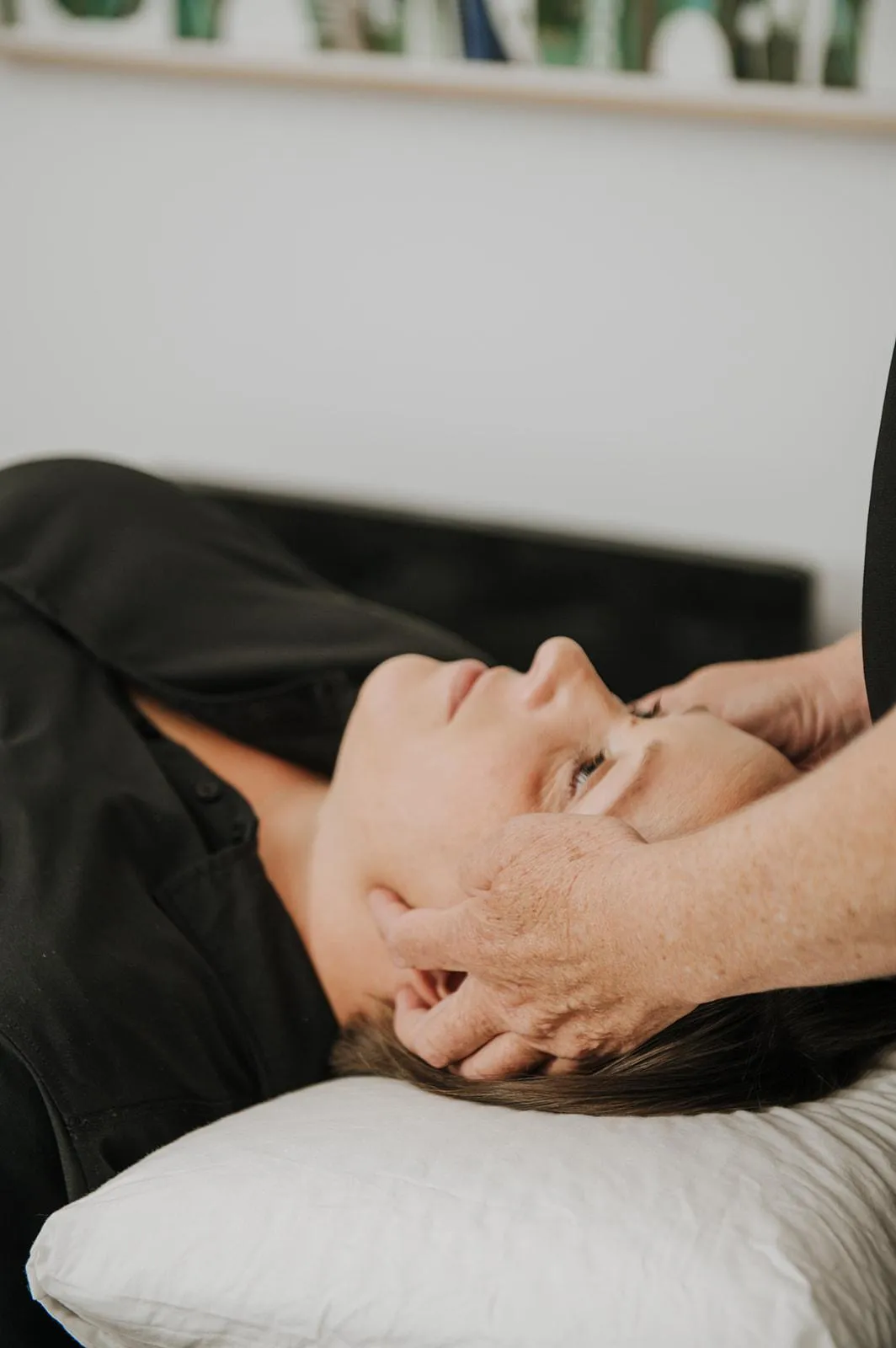
Commonly Treated Conditions
Common Conditions we can help with are:
lower back pain
upper back & neck pain
shoulder pain
headaches & migraines
carpel tunnel
leg tension and pain
shin splints & plantar fasciitis
tendinitis
scoliosis
tennis elbow & golfers elbow
anxiety & depression.
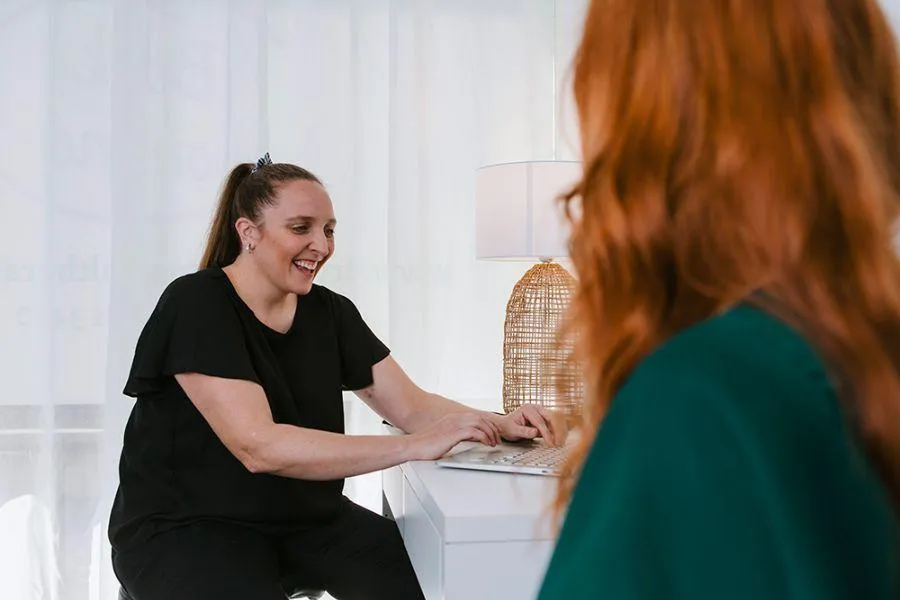
Our Qualified Therapists
At Drysdale Remedial Therapies, your treatment is always delivered by a fully qualified, experienced therapist. We believe training matters — not just for safety and effectiveness, but to ensure you receive care that’s tailored, thoughtful, and based on real understanding of the body.
Sarah Walters
Sarah is a Diploma-qualified remedial massage therapist with extra training in pregnancy massage and a background in spa therapy. Her style is nurturing and supportive, ideal for clients needing gentle but effective care.
Erin Dodd
Erin is a Diploma-qualified therapist with advanced skills in dry needling and cupping. Her approach is firm, focused, and always aimed at treating the true cause of your discomfort.

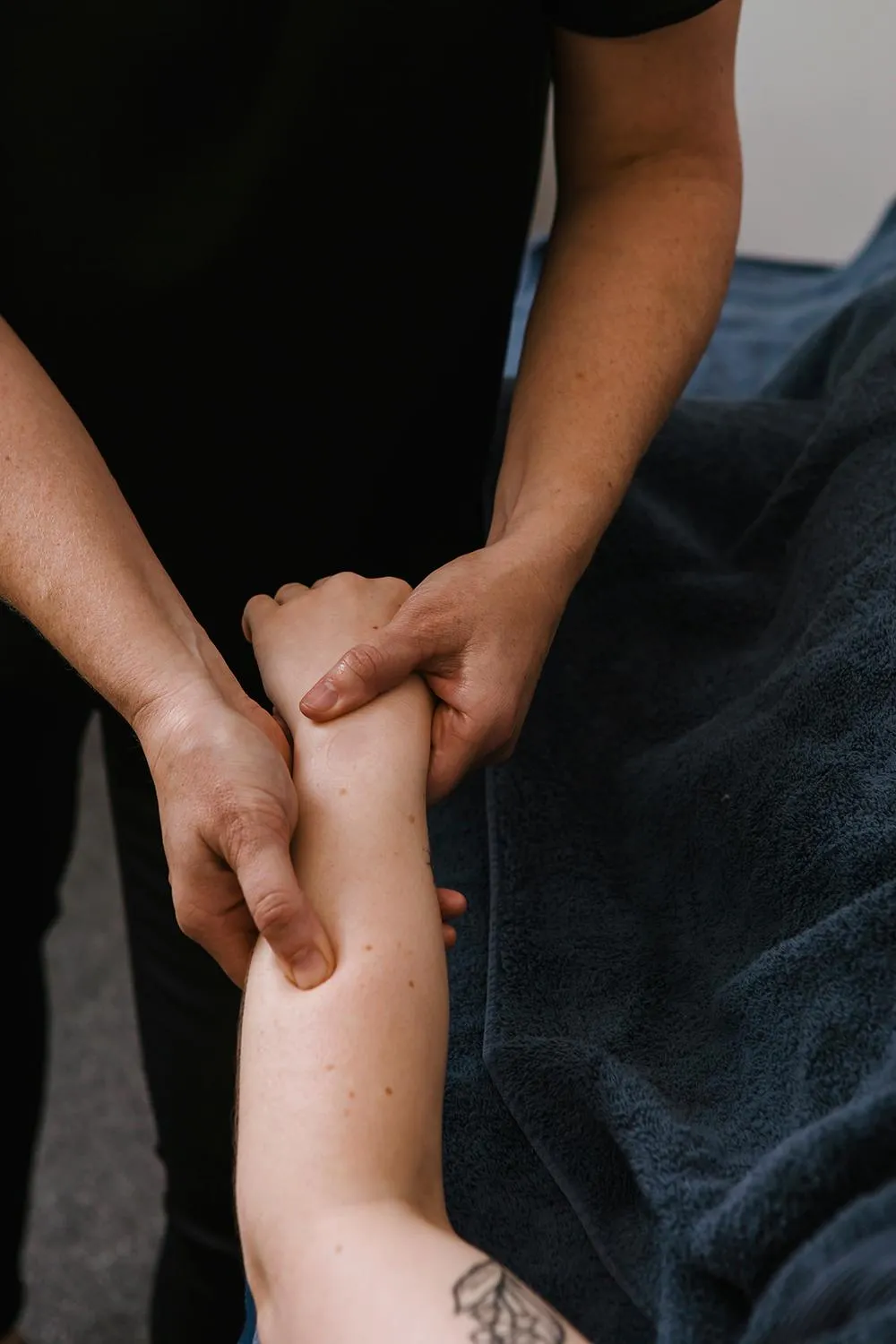
What our clients think...
"I have not had a headache all week, for the first time in years!
- Jacqueline, Clifton Springs
"Absolute Magician, everything feels free again"
-Adam, Clifton Springs
"I cannot thank you enough"
- Pam, Drysdale
Dry Needling and Cupping - an added extra.
Cupping has been used in Traditional Chinese Medicine for thousands of years to move stagnant energy (Qi) and restore balance in the body. In a remedial massage setting, we use cupping to create suction on the skin, which draws blood flow to the area, helps release deep muscle tension, and supports the body’s natural healing response. Many people find it leaves them feeling looser, freer, and more mobile — with a noticeable reduction in pain or restriction.
Dry needling is a more modern technique, based on Western anatomy, where fine needles are inserted into tight or sensitive trigger points to help release stubborn muscle tension and reduce referred pain. It’s especially effective for chronic tightness, postural dysfunction, or those “deep knots” that just won’t let go with hands-on work alone. Both cupping and dry needling are used carefully and specifically — always tailored to your body and only when appropriate.
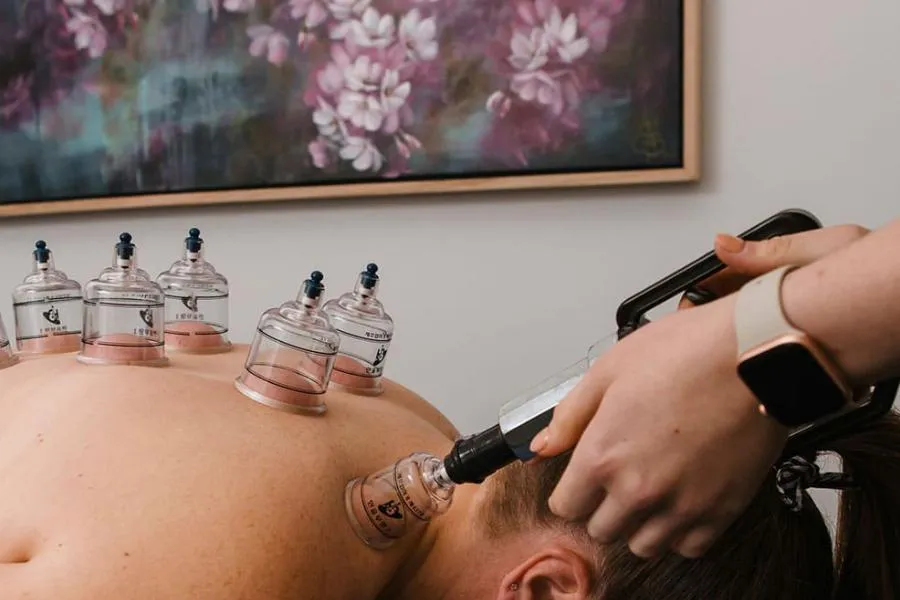
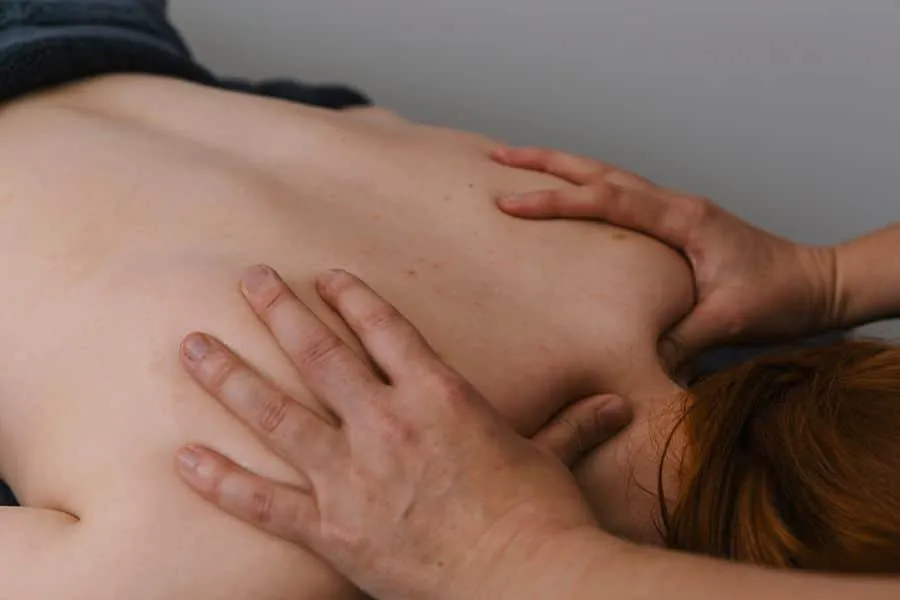
Remedial Massage For Children
Remedial massage for children is a proven way to increase dopamine (the feel-good hormone) and decrease cortisol (the stress hormone). This regulation of anxiety and stress levels helps boost self-confidence. With children being more active than ever, both mentally and physically, teaching them stress management and body awareness at a young age can prevent a lifetime of chronic pain and poor habits.
Massage may help with:
*Improved sleeping patterns
*More balanced energy levels
*Better concentration and focus
*Enhanced motor control and behavior
*Generally happier, calmer children
An adult must always be present during the treatment and will often support the therapist, making the experience enjoyable by interacting with the child. Children’s appointments are 30 minutes long to ensure sufficient time for treatment without causing restlessness.
Addressing Growing Pains
As children grow, their bones often develop faster than their muscles, leading to growing pains. Remedial massage can help alleviate this discomfort by working on the muscles. Simple exercises to do at home can further reduce pain and improve overall muscle flexibility and strength, ensuring a smoother growth process.
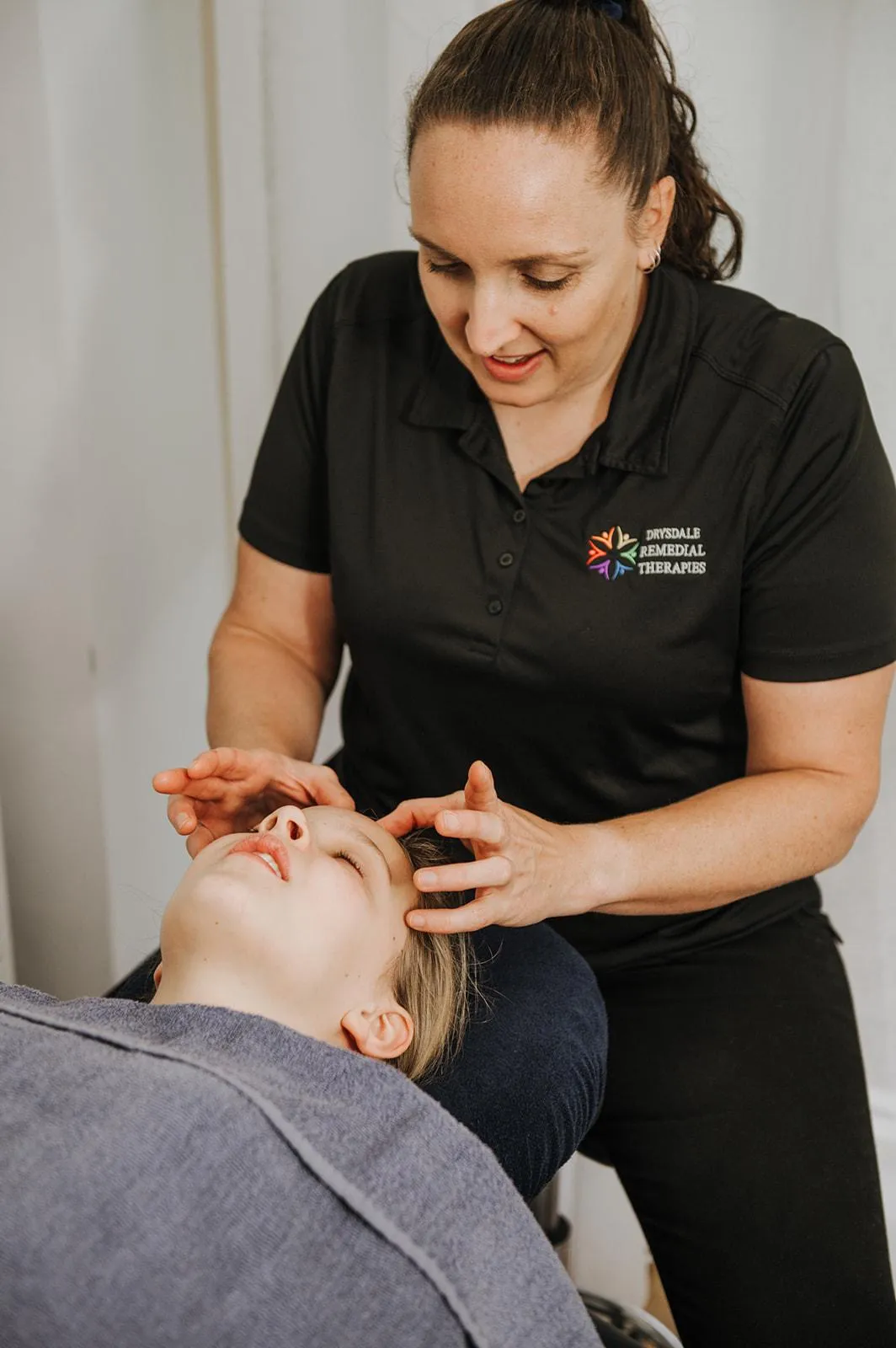
Frequently Asked Questions
How Often Should I Get A Remedial Massage?
If you're seeking relief from specific issues like headaches or muscle soreness, regular sessions with a Remedial Massage Therapist are recommended until the symptoms improve. This might involve weekly sessions over 2-3 weeks, especially if the issue has been persistent. Addressing long-standing tension in both superficial and deep muscles may take time to fully resolve.
Once your initial concerns are addressed or if you simply enjoy the benefits of massage, we suggest regular 'maintenance' massages every 6-8 weeks. This routine helps prevent muscle tension buildup, reduces stress, and maintains overall body wellness. Plus, who doesn't love the rejuvenating feeling of a massage?
Will I Feel Sore After A Remedial Massage?
It’s normal to feel a little sore after a massage. Massage carries blood and nutrients to your muscles while eliminating toxins. After stimulating muscles that you may not usually use, you might experience delayed onset muscle soreness. This is a physical response to the inflammation as your body heals. Just as you may feel sore after a workout, massage can stimulate areas of your body that you haven’t targeted recently. If you’re feeling pain in a certain part of your body, you may unconsciously ignore this spot, which can cause tension. A massage can highlight areas of your body where you’re holding on to tightness. It can also happen if your muscles aren’t accustomed to massage. In the same way that your body gets used to working out, your muscles need time to get used to being manipulated in certain ways. You may experience inflammation and soreness in areas that need healing. If you have neck pain after a massage, for example, it can be a sign that you carry a lot of tension in that area. You may have limited flexibility and mobility in your neck due to working at a desk or bending forward repeatedly. If you haven’t had a massage recently or if it’s your first one, it’s more likely that you will feel sore afterwards. Your body will create muscle memory if you have frequent massages, so aim to be regular with your sessions when possible.
What Can I Do To Help My Body After Massage?
Things you can do to help the body after a massage:
• Drink plenty of water before and after your massage. This helps flush away toxins or acids that come to the surface during your massage.
• Take time to rest and recharge. If you can, build in time to rest after your massage. Elevate your feet and legs with pillows and take some time to listen to your favourite music, read a book, or sleep.
• If you are really sore you can also use a heat pack on specific muscle areas or have a long hot shower. Heat increases the blood flow to that area which will in turn speed up the cleaning of the toxins and further help soften the muscles.
